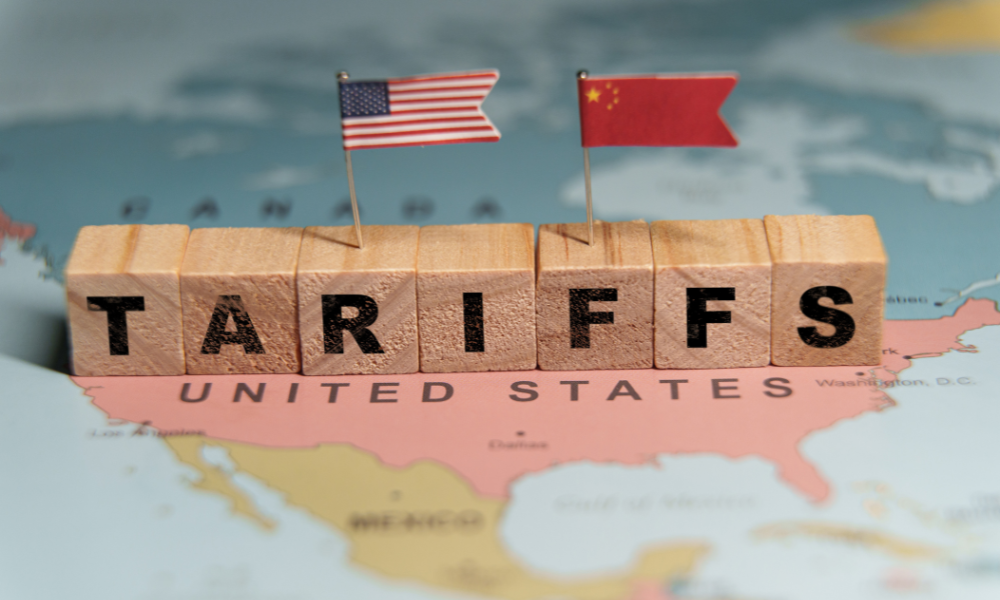Did Ottawa fold to US pressure or play a strategic hand?

In a significant concession to the United States, Canadian prime minister Mark Carney’s government has abandoned its 3% digital services tax on technology companies, just hours before it was slated to take effect. The move, announced on Sunday night, follows a sudden halt in trade discussions by US president Donald Trump, who had labelled the tax as “egregious.”
Carney’s government reversed course with the objective of achieving a broader trade agreement, a report from Bloomberg noted. “We’re making progress towards a final deal. There’s more to be done, to be clear,” Carney stated Monday in Ottawa.
Both nations have established a July 21 target date for reaching an accord. The digital services tax, designed to levy revenues from Canadian users of major tech firms, had emerged as a central point of contention for the Trump administration, leading to the abrupt cessation of talks.
The shadow of tariffs
The larger challenge for Canada remains the removal of persistent US tariffs, including a 50% import tax on foreign steel and aluminium, along with levies on cars and trucks. These measures are viewed by Canada as a violation of the 2020 Canada-US-Mexico Agreement (USMCA). Alberta premier Danielle Smith suggested Trump’s affinity for tariffs stems from “the revenue that’s generated from tariffs.”
While the European Union has reportedly signalled a willingness to accept a 10% universal tariff with the US in exchange for lower rates on specific industries like pharmaceuticals, Canada is exploring alternative approaches. One potential strategy involves agreeing to US tariffs on certain products but negotiating quotas that would allow for lower rates. This approach mirrors a framework secured by British prime minister Keir Starmer for UK vehicle manufacturers.
Canada’s “cards to play”
Despite the concessions, Canada believes it retains leverage. Former Quebec premier Jean Charest, now an advisor to the government on Canada-US relations, emphasized Canada’s “cards to play,” particularly in the energy sector where the US relies on its northern neighbour.
The ultimate goal, Charest noted, is to mitigate the most damaging effects of tariffs, suggesting that “headline tariffs that are not applicable because there are quotas, because there’s exceptions” could be a viable path forward.
While some opposition politicians criticized Carney’s retreat as “pure caving in to Trump,” others viewed it as a pragmatic step. Brad Wood, senior director for trade and innovation policy at the Washington-based National Foreign Trade Council, noted that it’s all part of the broader negotiation.
“There was more theatrics than we needed to get there. Addressing the DST has always been a priority for the US in the negotiations,” he said. “There’s going to have to be concessions.”
Canada has also sought to address other US concerns by enhancing border security against fentanyl and pledging to meet NATO defence spending obligations.
What are your thoughts on Canada’s decision to rescind its digital services tax? Share your insights below.



